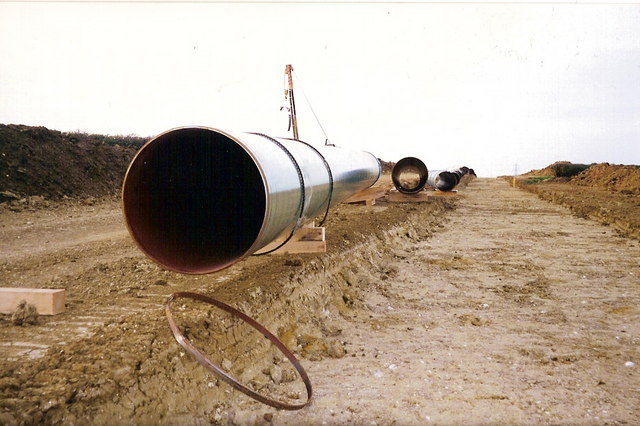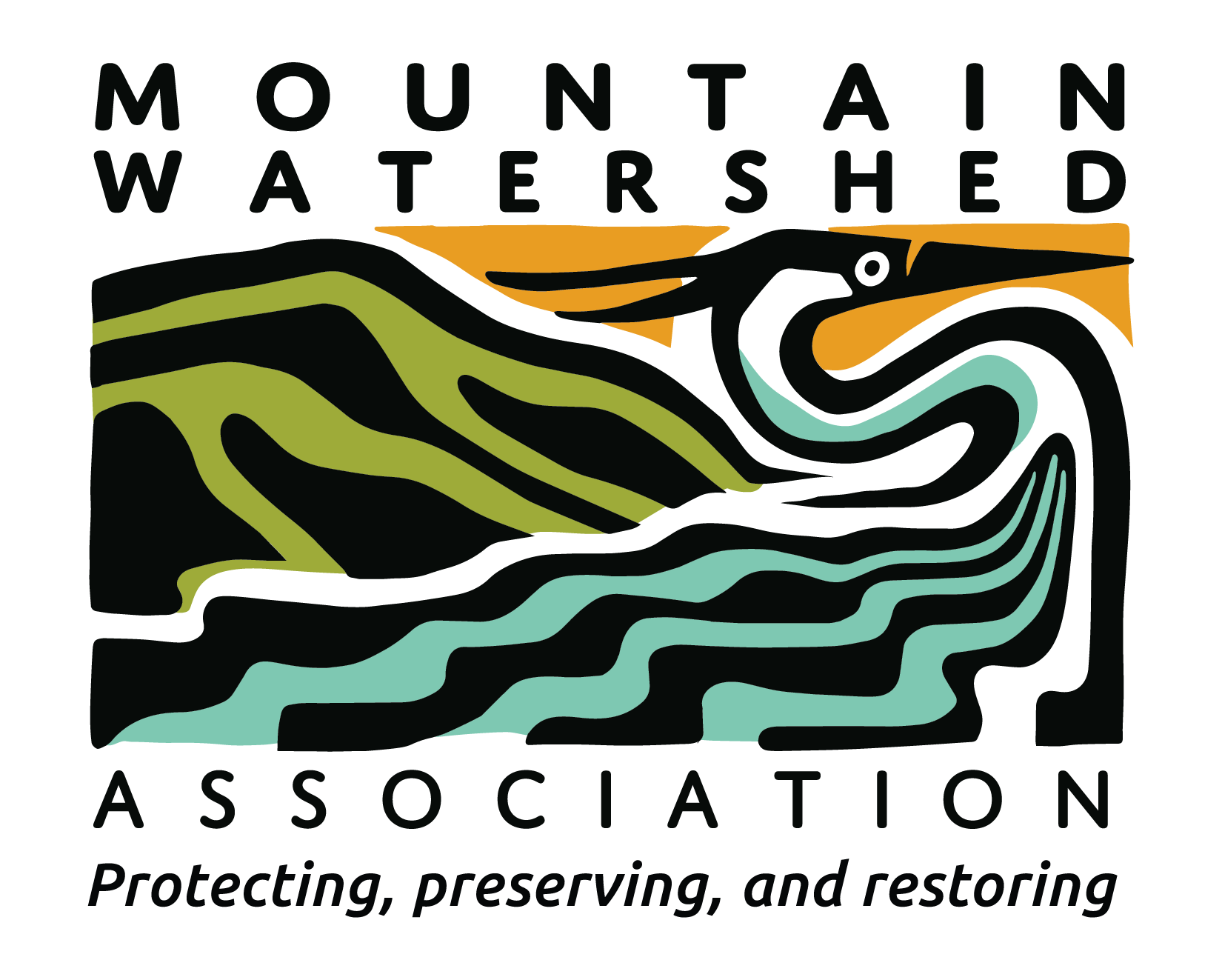After 10 months of hearings, presentations, and appeals from the public, the Rostraver Zoning Hearing Board denied Olympus Energy’s application for a special exemption to build its Hera Well Pad on an A-1 Agricultural-zoned plot.
This marks only the fourth time in Pennsylvania history that a well pad proposal was outright denied (others include proposals in Jefferson Hills and West Deer). This is especially striking because Pennsylvania has had over 200,000 wellpads built. All the denial decisions have occurred since 2019.
There is a reason for this. The process for a well pad’s approval is lopsided. On one side, you have a team of engineers, consultants, and industry professionals making a case for the development, headed by seasoned attorneys. They bring charts, maps, and models. On the other side, you have a group of residents, often with no professional background on the process of industrial operations or legal expertise.
The role of Mountain Watershed Association in this process, along with other non-profits, is to support and consult with concerned residents to try to level the playing field. Through group prep meetings, helpful materials and resources can be shared to the community, and canvassing and mailers can go out to spread information about hearing times to turn out folks who might not have otherwise heard about it.
Despite not being paid speakers, residents have valid concerns to share based on scientific studies, health surveys, and lived experience. But, unfortunately, history has favored the companies’ consultants and legal experts hired to steward a proposal to completion. Residents hustling to the municipal building after whipping together dinner for their kids don’t get the same treatment.

Recently, though, the tide has begun to turn. Health studies have caught up a little bit to reports from residents, shedding data-backed light on the risks of fracking. Legal advancements, like Judge Joseph James’ decision in 2022 to allow a company’s violation history to be considered, have put companies with an exceptionally shoddy compliance history – like Olympus Energy – in the hot seat. Suddenly, a long list of spills, uncontrolled releases, and emissions cannot be dismissed with cries of “hearsay!”
In Rostraver, a team of local residents took issue with a company setting up an industrial operation in their quiet, rural neighborhood. The area was meant for homes, farms, and parks. They didn’t want a constant procession of heavy trucks. They didn’t want the pulsing noise of drilling. They feared living with the threat of harmful air emissions, especially from a company with a higher-than average risk of compliance breaches. Their concerns were rightfully heard and fairly considered.
With help from local non-profits, these residents brought in strong arguments and expert witnesses who highlighted flaws with Olympus Energy’s proposal. One such witness, an acoustical consultant, poked holes in the inadequacies of Olympus’ consultant’s sound modeling. Other arguments for denial ranged from the company’s compliance history to a mismatch between the proposal and the land’s current zoning designation.
Some residents had legal experience, others did not. Several worked closely with Mountain Watershed Association, Protect PT, and the Environmental Integrity Project to bring in witnesses, strategize about talking points, and keep attendance consistent. The result: a unanimous decision from Rostraver ZHB members Board Chairman John Bedell, Vice Chairman Stuart Boyd, and Secretary Larry Callaway Sr.
Though it took over 24 hours of arguments, nights spent studying application materials, and countless prep meetings, residents were successful and overjoyed by the outcome. Several believe that the lengthy nature of this particular hearing process aided them in bringing to light issues with the proposal. Too often, well pads are rubber stamped with little time for residents to organize. With each success, the process becomes a bit less lopsided, and a blueprint forward for residents becomes clearer and more established. Though this is only the fourth denial in Pennsylvania’s history, it is easy to find hope in Rostraver’s decision.

